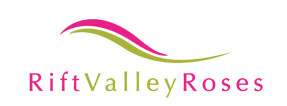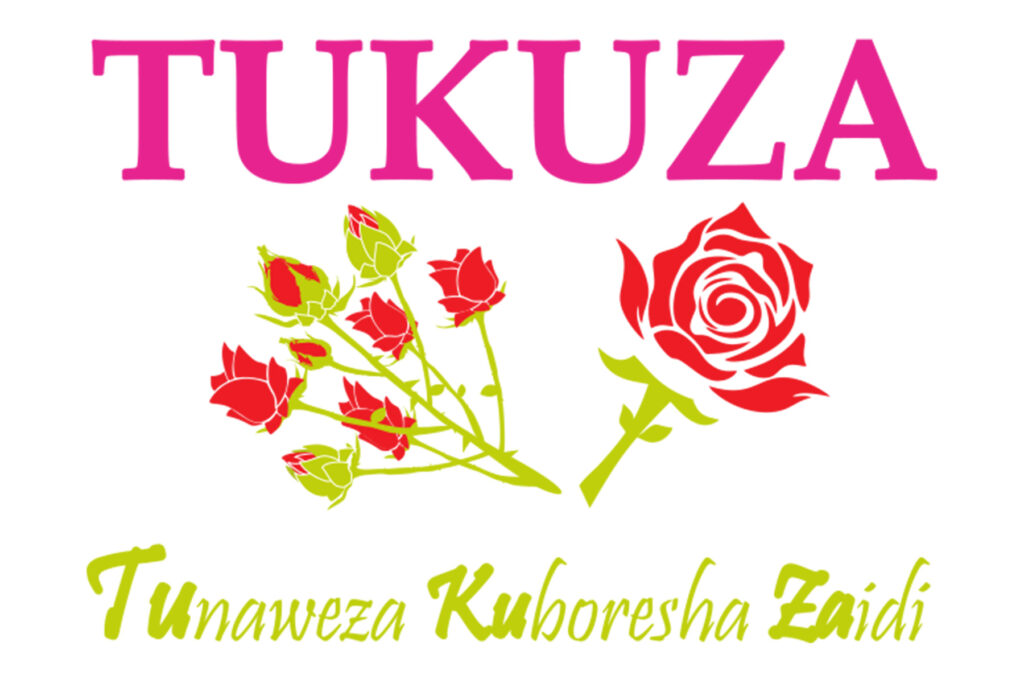Tunaweza Kuboresha Zaidi: “We Can Always Make It Better!”
1. How We Started
Our Kaizen journey began in 2016, driven by a commitment to cultivate a culture of continuous improvement and operational excellence. We started by adopting a local name ‘TUKUZA’ for our Kaizen Journey. Tukuza is anacronym for ‘Tunaweza Kuboresha Zaidi’, which translates to; We Can Always Make It Better. Initially, we sought to identify areas where incremental changes could optimize our processes, improve efficiency, and reduce waste. Through Kaizen, we were introduced to a structured framework that encouraged everyone to be proactive in spotting inefficiencies and implementing small, impactful changes. By fostering an inclusive environment, we ensured that all team members had a voice in the improvement process, cultivating a sense of ownership and collaboration.
2. Key Successes So Far
Since 2016, our commitment to Kaizen has led to several significant milestones:
- Enhanced Efficiency: Through small, consistent improvements, we have streamlined operations, reduced process bottlenecks and eliminated Muda, mura, and muri across our value chain thus keeping our production rejects below 5 percent. In Packhouse, we have achieved increased productivity by 10 percent, an improvement from 3600 stems per buncher to 4000 stems per buncher. By observing 6S in the Gemba, we are happy people working in a clean, tidy and safe workplace.
- Cost Reduction: Tukuza has allowed us to minimize Muda (waste) across various aspects, from growing to packing, leading to measurable savings. Through Gemba Kaizen Projects (GKW), we have so far recorded an annual saving of 1.2 million Kenya Shillings, in a recently completed Gemba-Kaizen project.
- Empowered Workforce: A vital component of our success has been employee involvement. By providing training and empowering our team to contribute ideas, we’ve unlocked new levels of innovation and engagement. We use the Skills matrix and Leader Kaizen Competency Matrix to evaluate training needs for both Value- adders and the leaders. Using the TWI training technique, we have tremendously reduced our training period from 3 months to 1 month. With overall leadership commitment to our Tukuza journey and continuous capacity building, leaders at RVR have so far transformed into coaches who offer support in the Gemba.
- Enhanced Morale: By giving autonomy to our people to be in charge of the improvement of their own Gembas, our value-adders (employees) feel valued and appreciated because they real count in making RVR better. Our reward and recognition system acknowledges these efforts and milestones accomplished. Tukuza has boosted the morale of Value-Adders, with overall annual employee turnover rate below 2 percent. We pride on our slogan; “RVR where people and quality count”.
3. Our Current Standing: Tukuza Culture
Today, Rift valley Roses stands as a testament to the long-term benefits of continuous improvement. The Kaizen philosophy is now deeply integrated into our corporate culture. Employees, at all levels, feel empowered to observe, evaluate, and suggest improvements in their day-to-day activities. This has been made possible through daily Tukuza initiatives such as Natural team meetings (commonly known as Tier meeting) which happen daily for 10-15 minutes in the Gemba to solve problems. It has led to more cohesive teams, better communication, and an organization-wide alignment with our improvement goals, besides making our people to be problem-solvers. Our strong people-driven Tukuza culture is attributed to leadership commitment to the journey.
4. Future Plans and Goals
Looking forward, our goal is to deepen our Kaizen practices and scale the process across new areas of our operation. We aim to:
- Advance Technological Integration: Leverage data analytics and automation tools to drive more data-informed decisions, further enhancing process efficiency.
- Foster Leadership in Continuous Improvement: Provide ongoing training to cultivate leadership in Kaizen, ensuring that our improvement culture grows alongside the organization.
5. What We Need to Accomplish Moving Forward
To achieve our future goals, several factors are essential:
- Invest further in our People: Investing in continuous improvement training at every level, especially the onboarding of new employees will ensure that all employees have the skills to effectively contribute to and lead improvement initiatives. The big picture is to have all leaders as coaches and every value-adder at level 3 and 4 (can work independently as well as train others)
- Enhance Collaboration tools: Tap into technology to develop collaboration tools to help teams stay connected, share ideas, and track progress on improvement projects.
- Sustain Improvements and improve Further: By making our internal audit system water-tight, will help in sustaining the current improvements and identifying more opportunities for improvement to keep up the momentum.
6. Beyond Continuous Improvement: Building a Culture of Excellence
Beyond structured improvements, Tukuza has also laid the foundation for a broader culture of excellence. Our journey has highlighted the importance of agility, adaptability, and a proactive mindset. Tukuza is not an event, but a culture of excellence that goes beyond doing things right to doing the right things.



